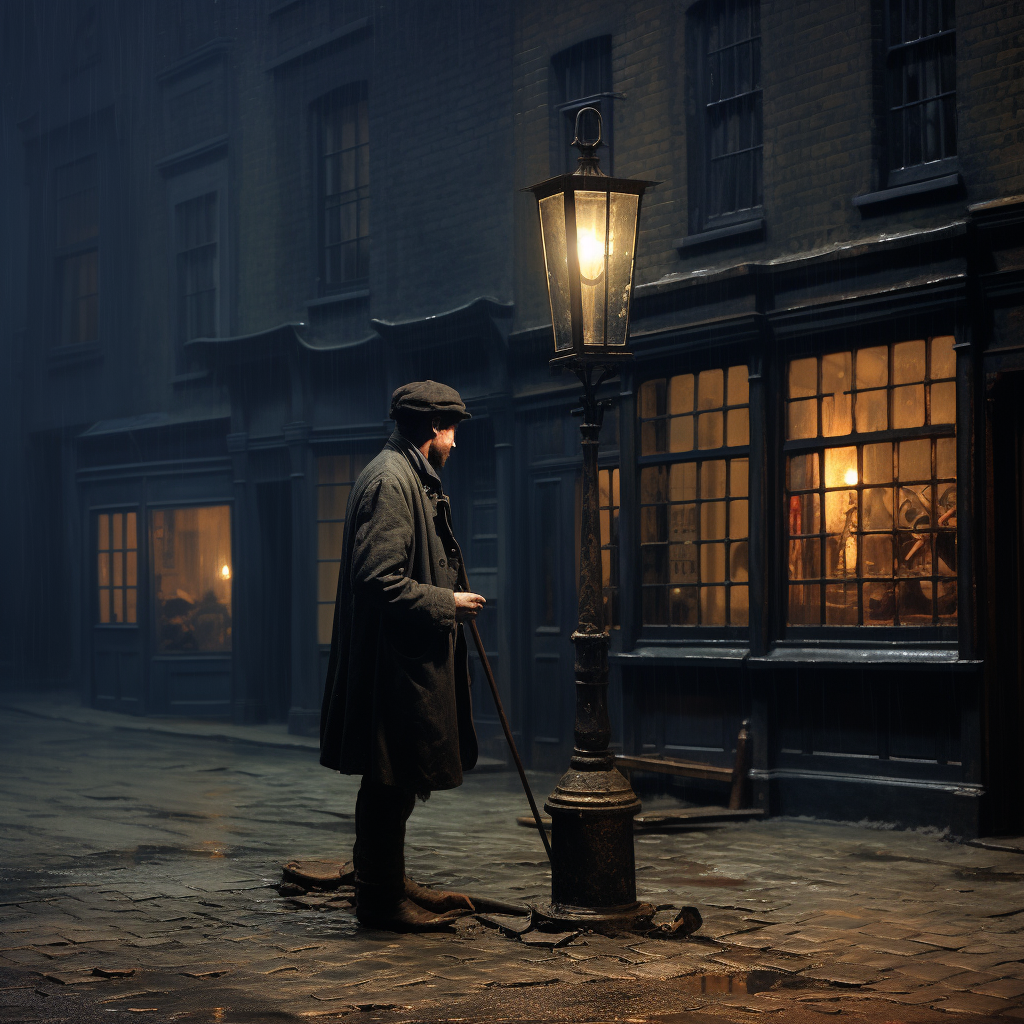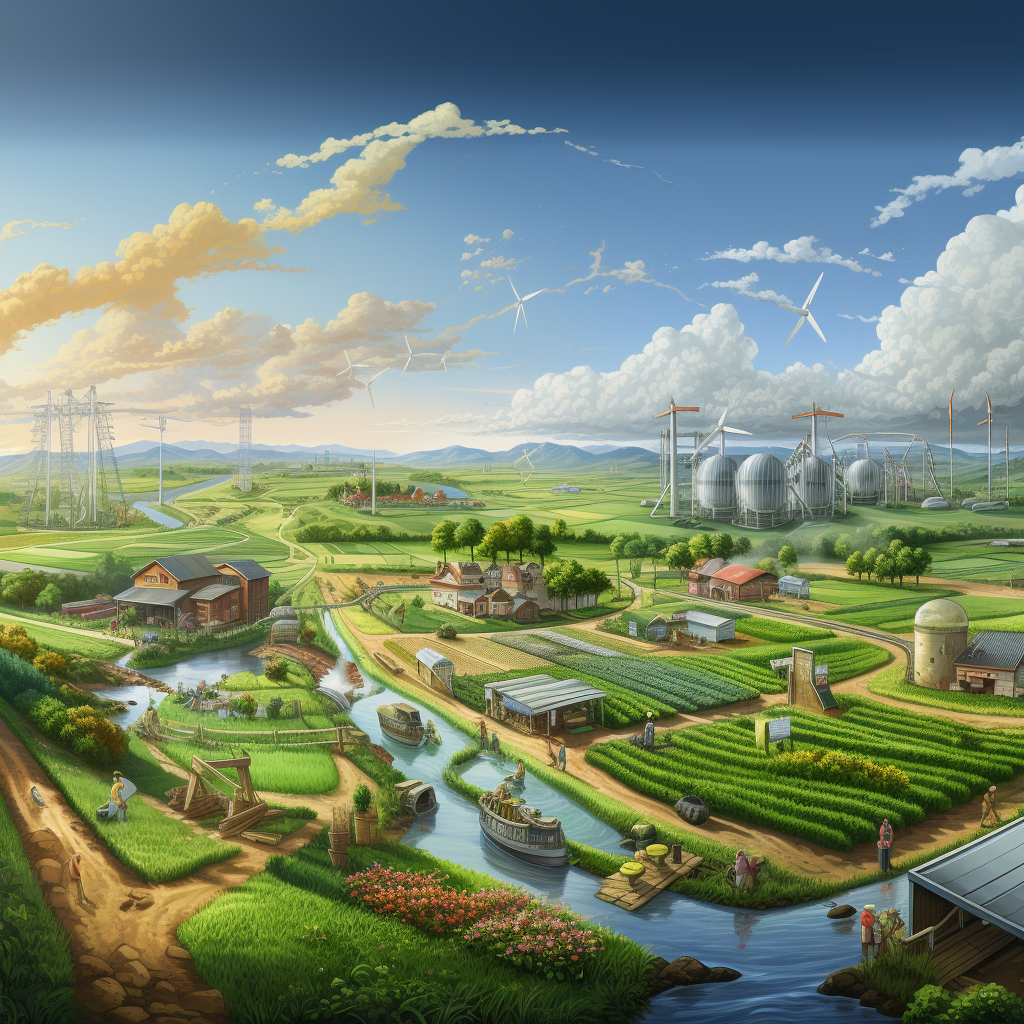At Les Signaux 2023 conference, Alexandre Bertin provided insightful perspectives on technological trends, with a particular focus on their impact on work. Here, I share some key takeaways that left a lasting impression on me, along with my own reflections.
Will AI eliminate all jobs?
When considering the impact of AI on work, one undeniable fact emerges — one that I previously discussed during Jane McConnell's latest survey: AI currently replaces tasks, not entire professions. AI remains a tool.
However, technological advancements throughout history have consistently rendered certain jobs obsolete. For instance, the arrival of computers eliminated stenographer positions, just as electrification eradicated the occupation of lamplighters.

In the United States, some experts claim that 85% of the jobs today's children will have as adults do not yet exist. While this prediction may seem staggering, it primarily underscores the need to instill different skills and, above all, the capacity to learn, analyze, and navigate complexity, rather than merely stuffing their minds with knowledge that AI will have immediate access to.
The spill-over theory
According to Alfred Sauvy, every revolution, such as the industrial revolution, has resulted in job transfers between sectors. Agricultural machinery displaced workers into the industrial sector. Later, industrial modernization and the rise of information technology shifted jobs towards the tertiary sector.

Did robots replace workers entirely? Only partially, as we speak of "cobotization," where humans collaborate with autonomous robots. Logically, if AI triggers a new technological revolution, the expanding tertiary sector fuels a new quaternary sector.
What is the quaternary sector? The exact definition is a matter of debate, but it represents a new social economy centered around individuals and communication.
Beyond monetary compensation, it offers personal satisfaction and a different form of investment. This social economy highlights volunteerism, built on principles of free association, democratic functioning, non-profit endeavors, and personal fulfillment.
A society of volunteerism?
Here lies a significant difference from the way we currently perceive work: the freedom to act in alignment with what holds meaning for us. We stand atop Maslow's pyramid. Society covers our other needs, leaving us to fulfill ourselves and excel where machines cannot emulate us: in empathy and social relationships.
Being all volunteers sounds great, but money is needed to keep society functioning. That's why the concept of universal basic income is gaining traction.
I won't delve into this topic, as I consider it akin to an anti-Godwin's Law: the longer a discussion on social progress goes on, the higher the chance it will eventually touch upon universal basic income...
Instead, imagine a world where communities could create their own internal economy. By pursuing their raison d'être, they would generate value, and every contributor could be recognized for their contributions. If desired, they could also influence collective decision-making.
The pioneers of the new economy
This is the vision we embrace at Meeds: a society where people freely contribute to projects that ignite their passion. Where work is not alienating but remains a source of value and fulfillment.
Today, we witness glimpses of this through the rise of online communities, such as DAOs. In these communities, voluntary contributors actively participate in project governance.
Undoubtedly, AI will continue to transform our world of work, with seemingly boundless possibilities. But what kind of society will these changes shape? We traverse an ocean of uncertainties, yet also encounter unprecedented opportunities.
We all feel the winds of revolution blowing, but few can predict what it will bring.